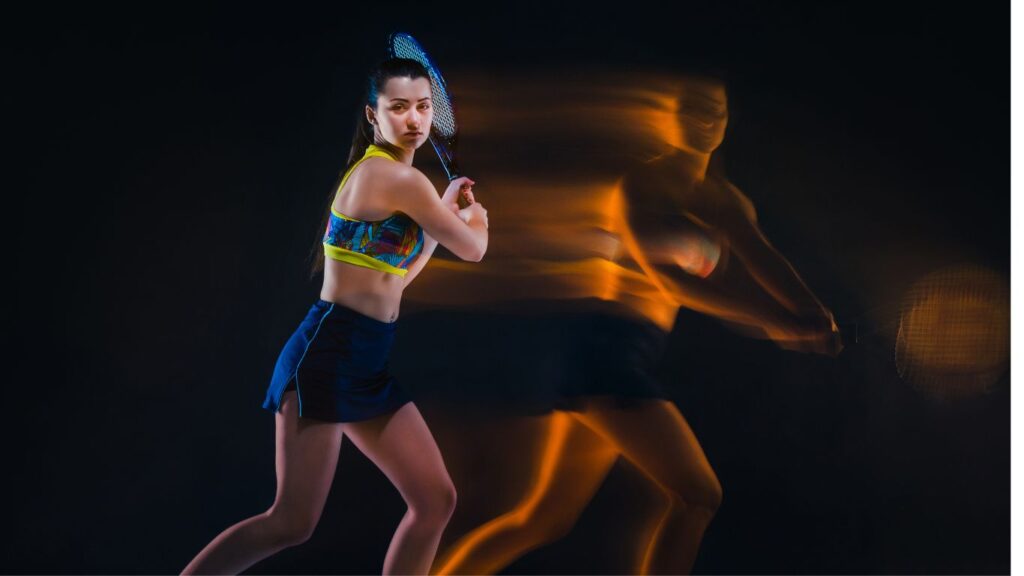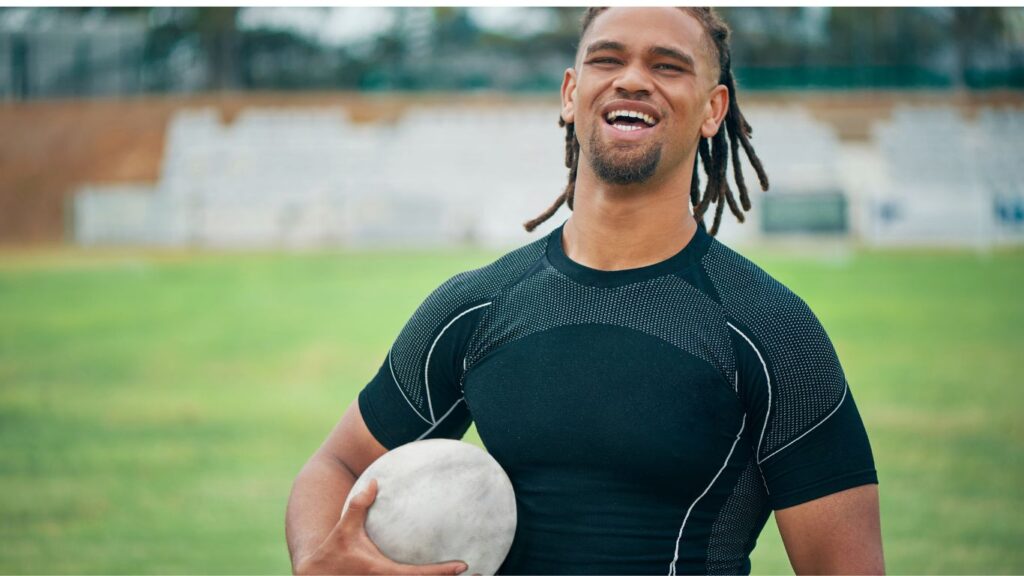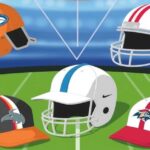Being a Division 1 (D1) athlete is much more than participating in college sports. It is a commitment to excellence on the field and in the classroom. This comprehensive guide will explore what it truly means to embody the D1 athlete identity, from the rigorous recruitment process to the rewarding career prospects that follow.
Definition of a D1 Athlete
A Division 1 (D1) athlete is a student-athlete who competes at the highest level of intercollegiate sports in the United States. Known for their exceptional skill and commitment, these athletes often receive full or partial athletic scholarships. D1 sports are highly competitive and attract national attention, requiring athletes to balance their academic responsibilities and athletic commitments strictly.
Academic and Athletic Demands

To be a D1 athlete means juggling intense training schedules with academic coursework. These athletes must adhere to the NCAA’s strict eligibility and educational standards, ensuring they excel both in their sport and their studies. Exceptional time management skills are crucial for maintaining this balance.
Recruitment Process and Scholarships
Becoming a D1 athlete often begins in high school, where college scouts and coaches notice exceptional talent. The recruitment process includes rigorous evaluations, campus visits, and, usually, scholarship offers. These scholarships can significantly ease the financial burden of education, making higher education more accessible for many talented athletes.
Training and Time Commitment
Training for D1 sports is demanding and intense. It encompasses year-round practices, strength training, and strategy sessions. Athletes often spend several hours daily dedicated to improving their skills and maintaining peak physical condition, all while balancing their academic schedules.
Benefits and Challenges of D1 Athletics
Benefits
- National Exposure: Competing at the D1 level means showcasing your talent nationally, attracting media attention and professional scouts.
- High-Quality Resources: Access to top-tier coaching, state-of-the-art facilities, and advanced medical care helps athletes reach their fullest potential.
- Scholarships: Full or partial athletic scholarships can significantly reduce the cost of education.
Challenges

- Time Management: Balancing academics and athletics requires exceptional discipline and organization.
- Pressure to Perform: The competition is fierce within the team and against other D1 athletes, creating a high-pressure environment.
- Risk of Injury: The physical demands increase the risk of injuries, which can affect athletic and academic pursuits.
- Mental Health: The mental toll of maintaining high-performance levels can be significant, requiring strong mental health support.
Balancing Academics, Sports, and Personal Life
One of the most challenging aspects of being a D1 athlete is balancing academics, sports, and personal life. These athletes must develop effective time management strategies to meet academic requirements, perform well in their sport, and maintain personal relationships and self-care.
Impact on Future Career Opportunities
Being a D1 athlete can open numerous doors beyond college sports:
- Professional Sports: Many D1 athletes transition into professional sports, leveraging their collegiate experience to secure contracts with top teams and leagues.
- Coaching and Sports Management: Former athletes often pursue careers in coaching or sports management, using their expertise to mentor the next generation or manage sports programs.
- Sports Broadcasting and Journalism: Strong communication skills and a passion for sports can lead to careers in sports media.
- Entrepreneurship: A deep understanding of the sports market can inspire athletes to start sports apparel, training facilities, or sports technology businesses.
- Other Professional Careers: The discipline, teamwork, and leadership skills developed as a D1 athlete are valuable in various fields, including business, healthcare, and education.
FAQs
What are the eligibility requirements for becoming a D1 athlete?
To compete as a D1 athlete, individuals must meet the NCAA’s academic and amateurism standards. This includes maintaining a minimum GPA, achieving satisfactory scores on standardized tests like the SAT or ACT, and completing a specified number of core courses in high school.

How many hours do D1 athletes train per week?
D1 athletes often train for 20 hours per week, including practices, strength and conditioning sessions, and strategy meetings. The exact number can vary based on the sport and season.
Can D1 athletes have jobs while attending college?
While D1 athletes can have part-time jobs, their rigorous schedules make it challenging. NCAA rules also limit the types of employment and income athletes can earn without jeopardizing their eligibility.
What types of scholarships are available for D1 athletes?
D1 athletes may receive full or partial athletic scholarships covering tuition, fees, room, board, and books. Some scholarships are renewable annually based on the athlete’s performance and academic standing.
How does being a D1 athlete affect academic performance?
Balancing athletics and academics can be demanding, but many D1 athletes succeed with solid time management skills and support from academic advisors. Schools often provide resources such as tutoring and study halls to help athletes excel.
What support systems are in place for D1 athletes?
D1 athletes can access various support systems, including academic advising, tutoring, mental health counselling, and career services. Teams also often have medical staff and trainers to ensure athletes’ well-being.
Is it possible to transfer schools as a D1 athlete?
Yes, D1 athletes can transfer schools, but they must follow specific NCAA transfer rules and may need to sit out a year before becoming eligible to compete at their new school. Exceptions and waivers can sometimes be granted based on individual circumstances.
What is the likelihood of a D1 athlete turning professional?
The chance of becoming a professional varies by sport. While many D1 athletes pursue professional careers in sports like football, basketball, and baseball, the overall transition rate is relatively low. Most D1 athletes leverage their skills and experiences for successful careers outside of professional sports.
Conclusion
The multifaceted journey of a D1 athlete is one of dedication, hard work, and immense reward. These athletes not only excel in their sports but also set high standards for academic and personal achievement. The skills and experiences gained as a D1 athlete create a solid foundation for a successful future, both on and off the field.











Your article helped me a lot, is there any more related content? Thanks!